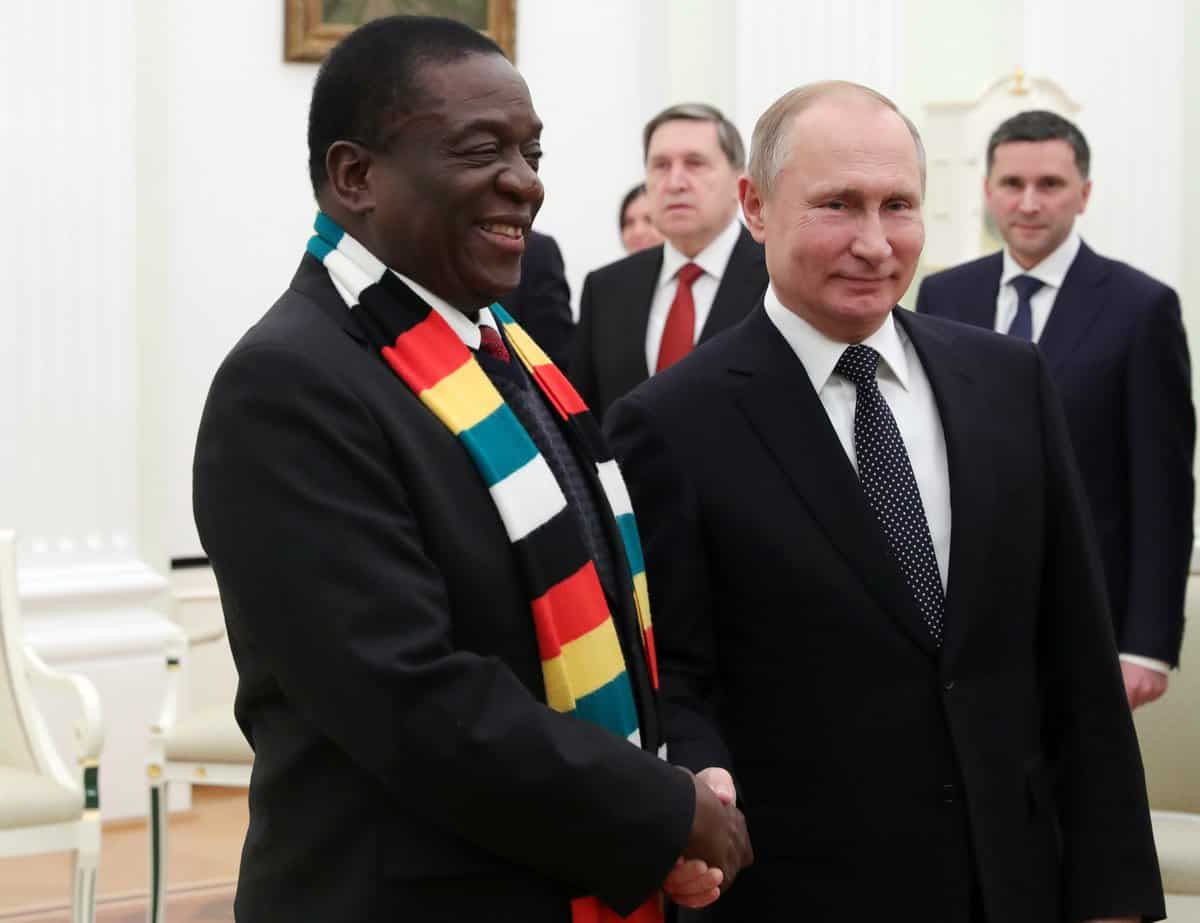Political commentator Kudzai Mutisi says leaders make tough decisions and stick to them and do not back-track unnecessarily.
In a message supposedly directed to President Emmerson Mnangagwa on the continued use of American dollar as legal tender, Mutisi says one can not prosper if they keep on using a currency of a country that imposed sanctions on it.
“President Putin’s tough stance makes him very effective.
“You can’t insist on using the currency of the countries that sanctioned you…
“This is why the entire Reserve Bank of Zimbabwe staff & MPC must be fired.
He was commenting on Russia’s position of halting its gas supply to Poland for failure to pay in Roubles, the Russian currency.
This is a message to Europe that Russia won’t stand down on its decision even if the European countries are financing the war in Ukraine.
Western countries imposed sanctions on Russia including removing from SWIFT an electronic payment system, following its military action in Ukraine.
Meanwhile, Russia also punished the West by demanding payment of gas in Roubles.
Mutisi believes the United States Dollar and the Zimbabwe Dollar can no longer coexist as legal tender in Zimbabwe saying it is unsustainable and injurious.
“It is time for policymakers to make the brave and long overdue decision to make the Zimbabwe dollar the sole legal tender,” he says.
He posits that as long there are two currencies being used as legal tender, one is going to be preferred over the other, adding that the motivations behind this preference differ from person to person but, nonetheless, they are bound to happen.
“The United States dollar, being a reserve currency and the currency used in international trade, easily emerges as the preferred one.
“When the multicurrency regime was introduced in Zimbabwe in 2009, the South African rand was widely accepted but it eventually got pushed out of the market by the US dollar,” he says.
Mutisi highlights that the Zimbabwe dollar is already suffering the same fate and that it is time to act.
“Prices over-sensitive to exchange rate movements.
“In a single day, even in one minute, the exchange rate between, for example, the South African rand and the United States dollar swings up and down by significant margins.
“Early this year, one US dollar was trading at around R16.50 and in early April it was trading at around R14.50. Despite these daily swings of the exchange rate, the prices of goods and services in South Africa are not sensitive to these exchange rate movements.
“In Zimbabwe, because of dual currency pricing, any movement in the exchange rate immediately leads to price adjustments.
“This is worsened by the inefficiency in the forex market which leads to a unidirectional movement of the exchange rate. In many ways, the soaring inflation in Zimbabwe is mainly driven by exchange rate movements,” points out.
Zwnews













